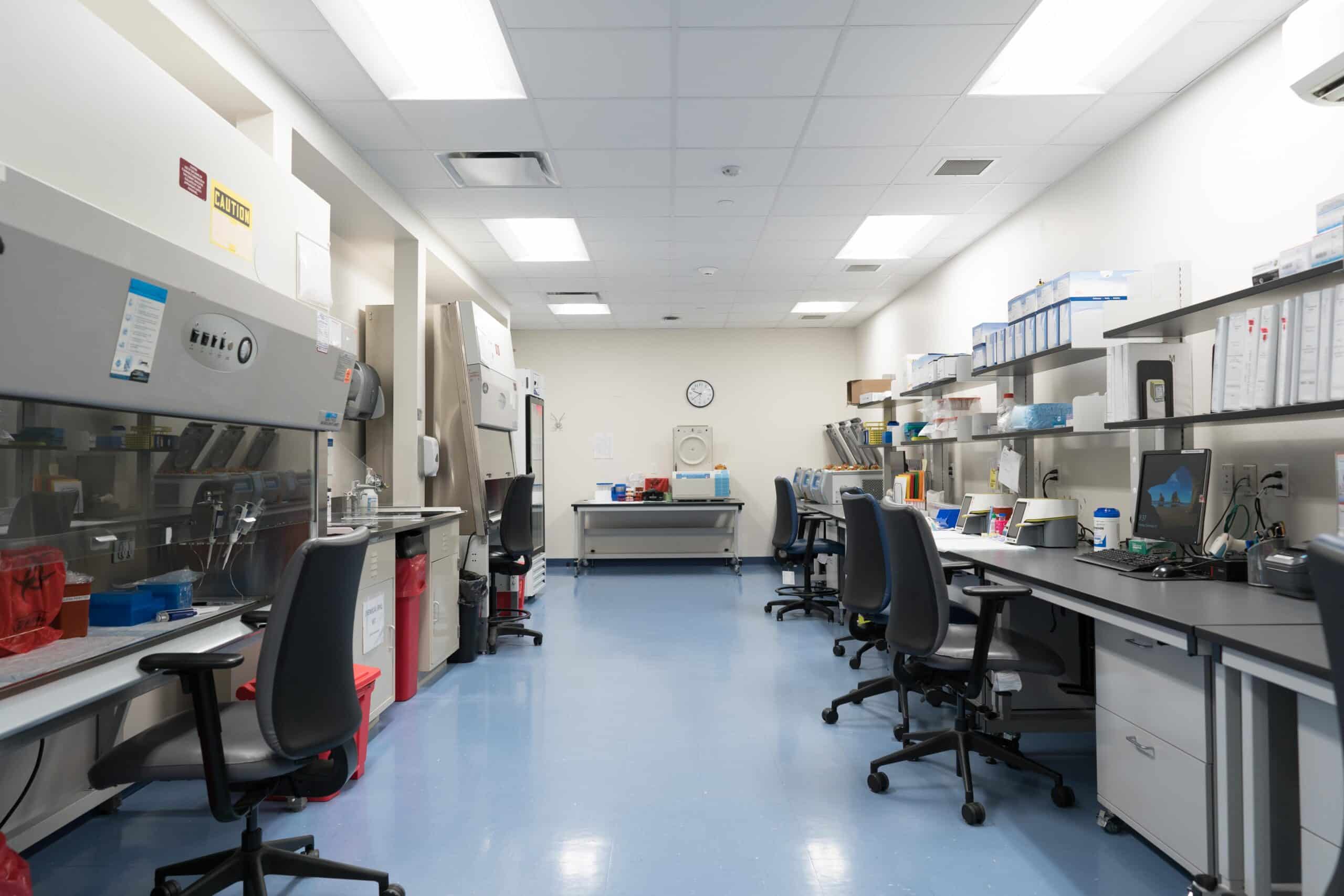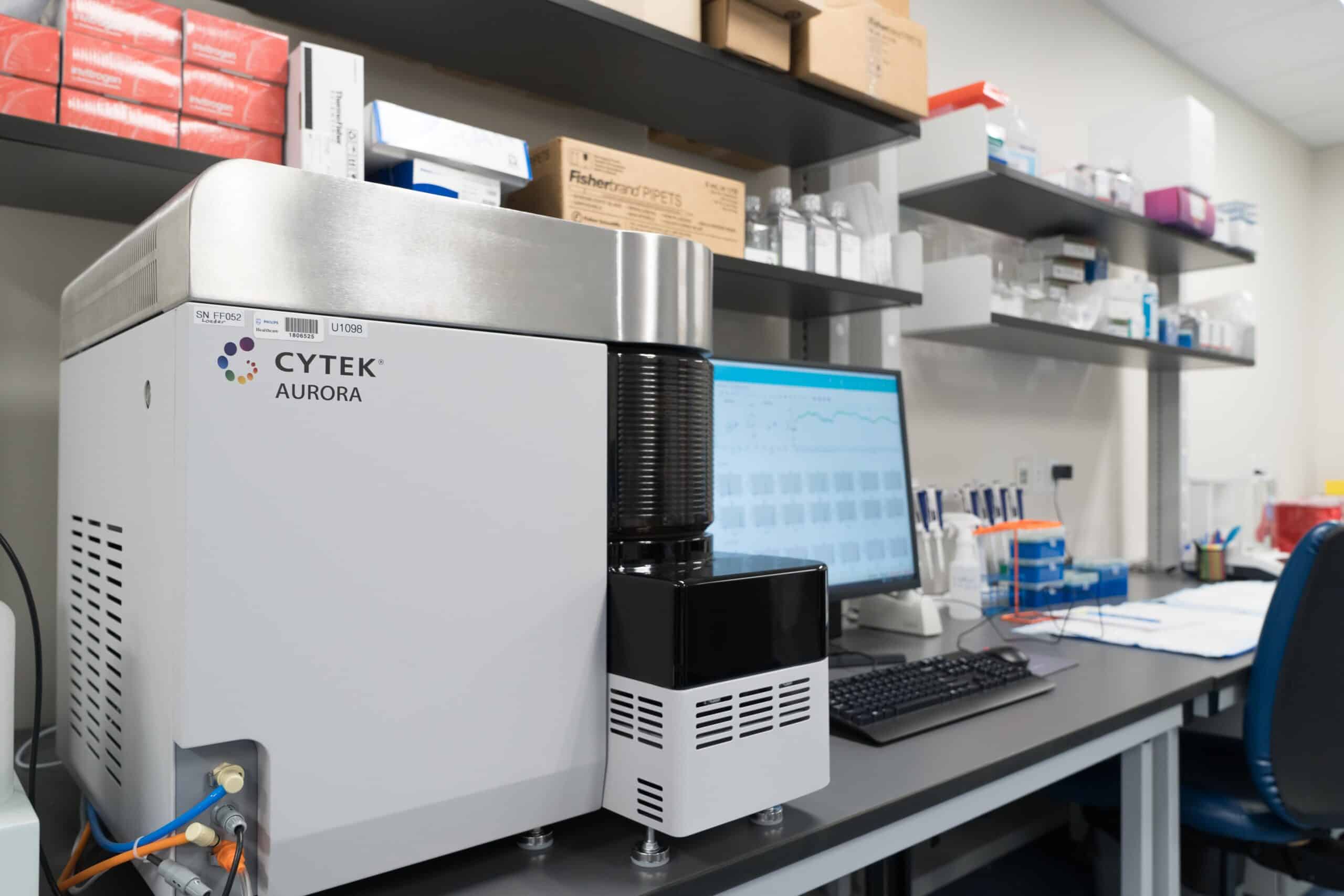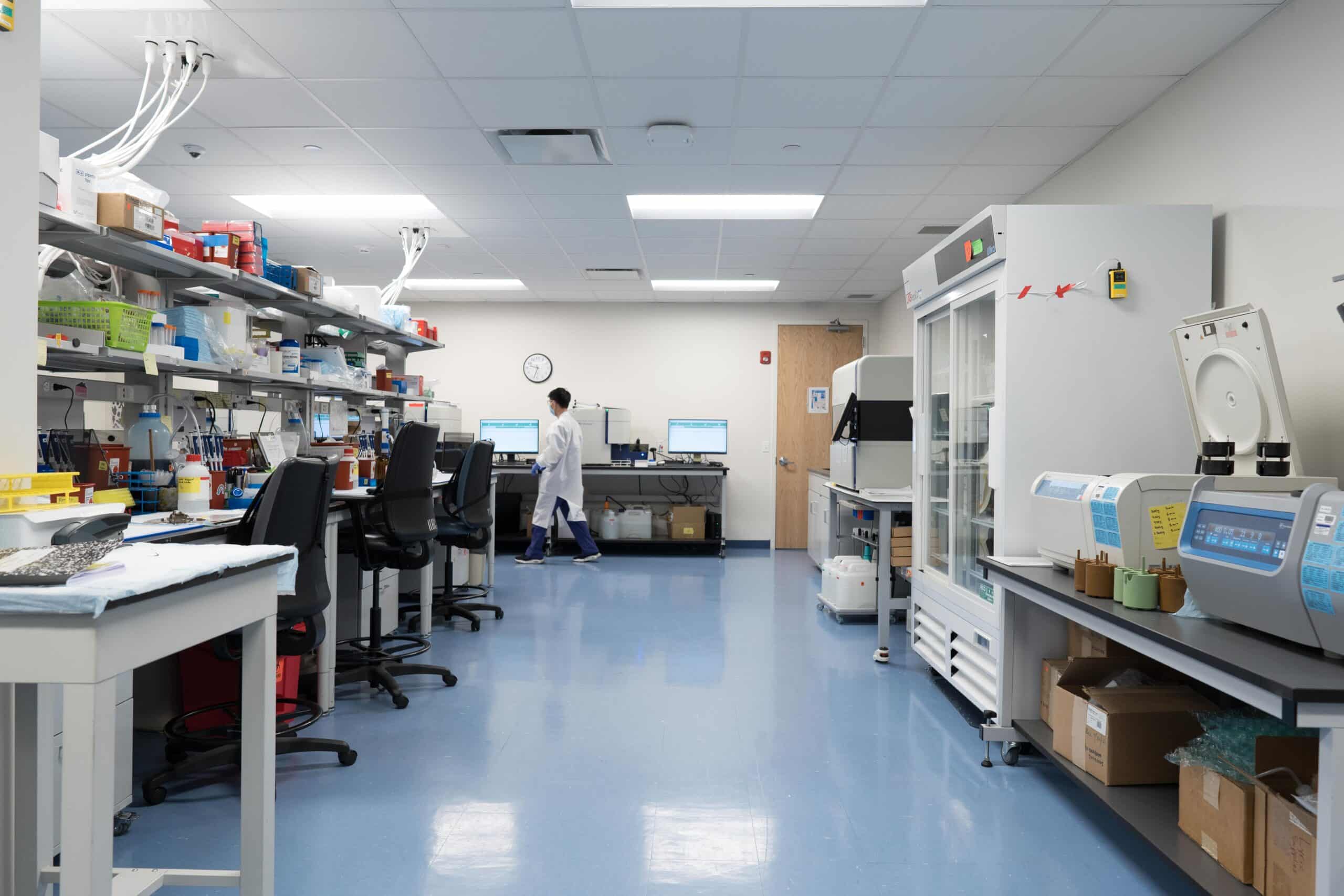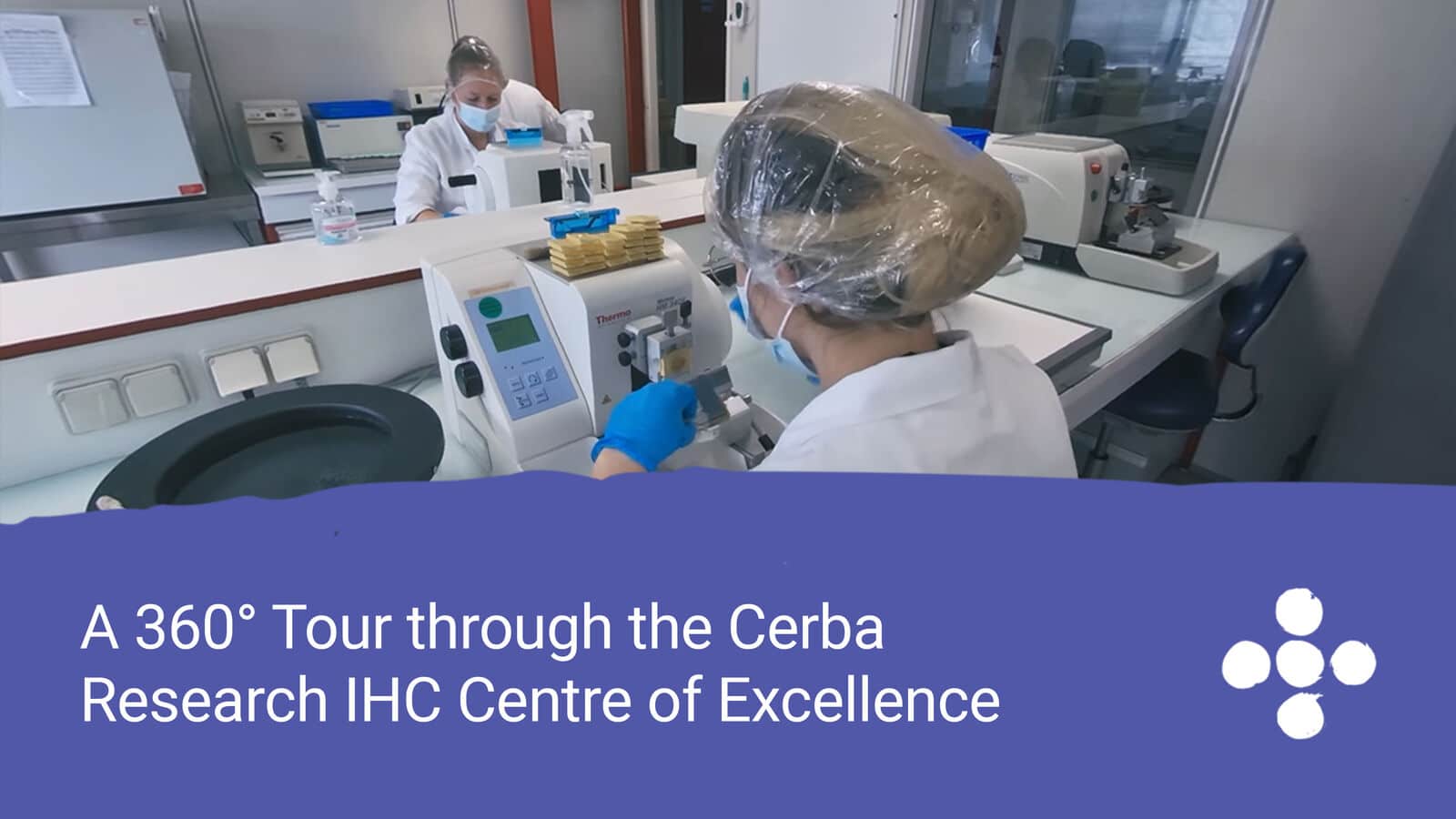The concept of analytical performance includes different parameters that must be considered in the context of ensuring the quality, safety, and efficacy of an IVD device before placing it on the market. One of these parameters is precision (repeatability and reproducibility) which is summarized as the agreement between different independent measurement results of a sample in a series of measurements or between different series of measurements. Our customer sought our expertise to meet predetermined accuracy requirements on 26 parameters in the areas of bacterial infectious diseases, prenatal screening, oncology, and endocrinology to obtain CE marking for this instrument.
Discover the whole story in the case study below


Reach out to our experts and discover how we can help you transform research and advance research for you
Contact Us







